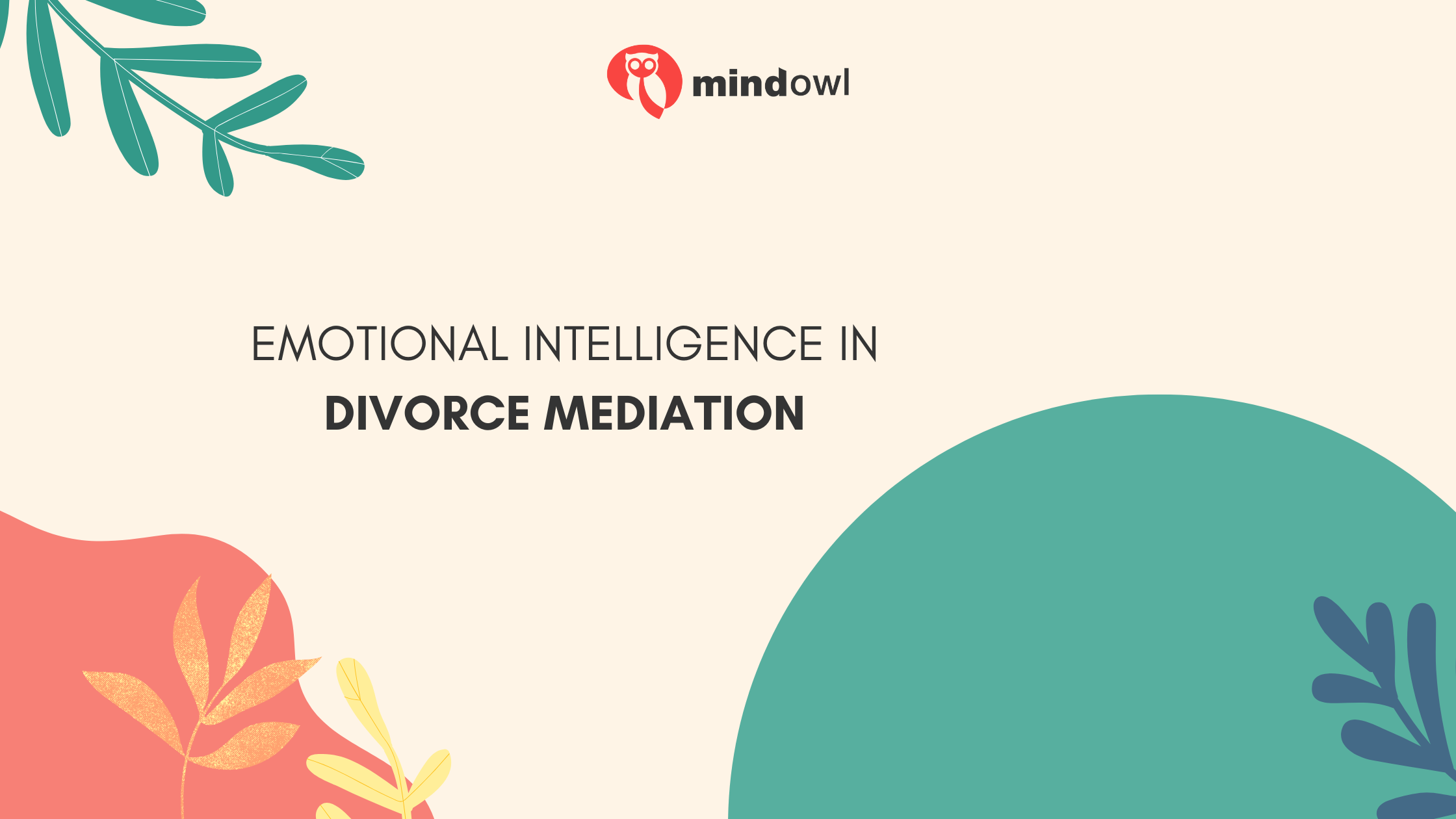
Photo by Cottonbro Studio from Pexels
Divorce can be one of the most emotionally draining experiences anyone can face. The feelings of frustration, sadness, and uncertainty often come in waves, overwhelming even the calmest individuals. However, making the best of divorce involves approaching these challenges with a mindset focused on growth and understanding. When it’s time to sit down for mediation, those emotions don’t simply disappear—they can take center stage, making communication difficult and agreement even harder to reach.
Divorce can be one of the most emotionally draining experiences anyone can face. The feelings of frustration, sadness, and uncertainty often come in waves, overwhelming even the calmest individuals. When it’s time to sit down for mediation, those emotions don’t simply disappear—they can take center stage, making communication difficult and agreement even harder to reach.
Staying grounded during mediation is essential, not just for the process but for your own well-being. Navigating these tough conversations with a level head can turn heated discussions into productive ones, helping you move forward in a way that benefits everyone involved.
Understanding Emotional Intelligence in Divorce Mediation
Emotions run high in divorce mediation, but emotional intelligence is the key to navigating life-changing events with grace. Emotional intelligence, or EQ, is the ability to recognize and manage your own emotions while understanding the emotions of others. In mediation, this skill can make all the difference between productive conversations and escalating arguments.
The truth is, emotions will always be part of the process. But learning how to stay aware of your reactions and empathize with your spouse’s feelings allows for smoother, more cooperative discussions. When you control your emotions, you can control the outcome.
The Role of Self-Awareness
Self-awareness is the foundation of emotional intelligence, especially in divorce mediation. It starts with recognizing your emotional triggers—those moments when a comment or situation causes a surge of anger, frustration, or sadness. Understanding these reactions is crucial because it helps you regain control before emotions derail the conversation.
By being mindful of your feelings, you can pause, reflect, and respond thoughtfully rather than react impulsively. This self-control not only calms the situation but also allows for more constructive discussions.
Working with expert divorce mediation services can further support this process, helping both parties stay on track when emotions run high, and ensuring that discussions remain focused on solutions rather than conflict. Their experience and guidance provide a steady hand when it’s needed most.
Active Listening: Key to Empathy and Understanding
In divorce mediation, it’s easy to get caught up in defending your perspective, but the real power lies in listening. Active listening goes beyond just hearing words—it’s about fully understanding the emotions and intentions behind them. When you practice active listening, you open the door to empathy, allowing you to see the situation from your spouse’s point of view.
This shift in mindset can be transformative. Instead of reacting defensively, you respond thoughtfully, reducing the likelihood of conflict. Emotional intelligence thrives in moments like these, where understanding takes precedence over winning an argument. The result? More meaningful, solution-focused conversations.
Staying Calm Under Pressure
Divorce mediation can feel like walking a tightrope—one wrong step, and emotions can spiral out of control. Staying calm when tensions rise isn’t easy, but it’s vital for productive conversations. Practicing techniques like deep breathing or short mental breaks during sessions can help keep your mind clear and your emotions steady.
Mindfulness exercises, such as focusing on your breath or quietly observing your feelings without reacting, can also be powerful tools in managing stress. The mediator plays a crucial role in guiding the conversation, but your ability to remain composed under pressure is what will ultimately keep discussions moving forward.
How to Express Emotions Without Escalation
Clear and respectful communication is the backbone of successful mediation. However, expressing emotions in a way that doesn’t escalate conflict can be challenging. This is where emotional intelligence truly shines. By using “I” statements—such as “I feel” or “I need”—you can express your emotions without placing blame or provoking a defensive response.
Keeping your tone calm and your words focused on the issue at hand allows the conversation to stay productive. When both parties feel heard and understood, there’s less room for tension to build. Maintaining emotional control ensures that your words contribute to solutions, not further disagreements.
Seek Legal Guidance

Photo by Cottonbro Studio from Pexels
While emotional intelligence is crucial in divorce mediation, having legal guidance ensures you understand your rights and make informed decisions. Consulting with a lawyer who specializes in family law can help clarify legal complexities and protect your interests during mediation.
Luckily, in today’s digital world, legal guidance is easily accessible. With AccelerateNow.com, a digital marketing company, law firms can easily reach their potential clients, including those getting divorced. The online presence of these law firms means that you can quickly find a reliable mediator during such a challenging time.
Wrapping Up
Navigating divorce mediation requires a blend of emotional control, clear communication, and professional guidance. By honing emotional intelligence and seeking the right support, you can turn even the most difficult conversations into opportunities for resolution. The path may be challenging, but with the right tools and mindset, mediation becomes a process where you can protect your well-being and work toward a fair outcome for both parties.
MindOwl Founder – My own struggles in life have led me to this path of understanding the human condition. I graduated with a bachelor’s degree in philosophy before completing a master’s degree in psychology at Regent’s University London. I then completed a postgraduate diploma in philosophical counselling before being trained in ACT (Acceptance and commitment therapy).
I’ve spent the last eight years studying the encounter of meditative practices with modern psychology.

